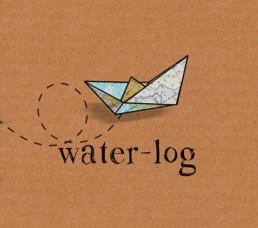Remember the fuel page on our old format website? Well this season’s sailing that took us from New Zealand to Lombok, via all the islands of Vanuatu, the Solomons, Papua New Guinea and Indonesia, saw some major sea miles and some long, lingering stays at anchor – both of which afforded us the chance to chomp through some fantastic books.
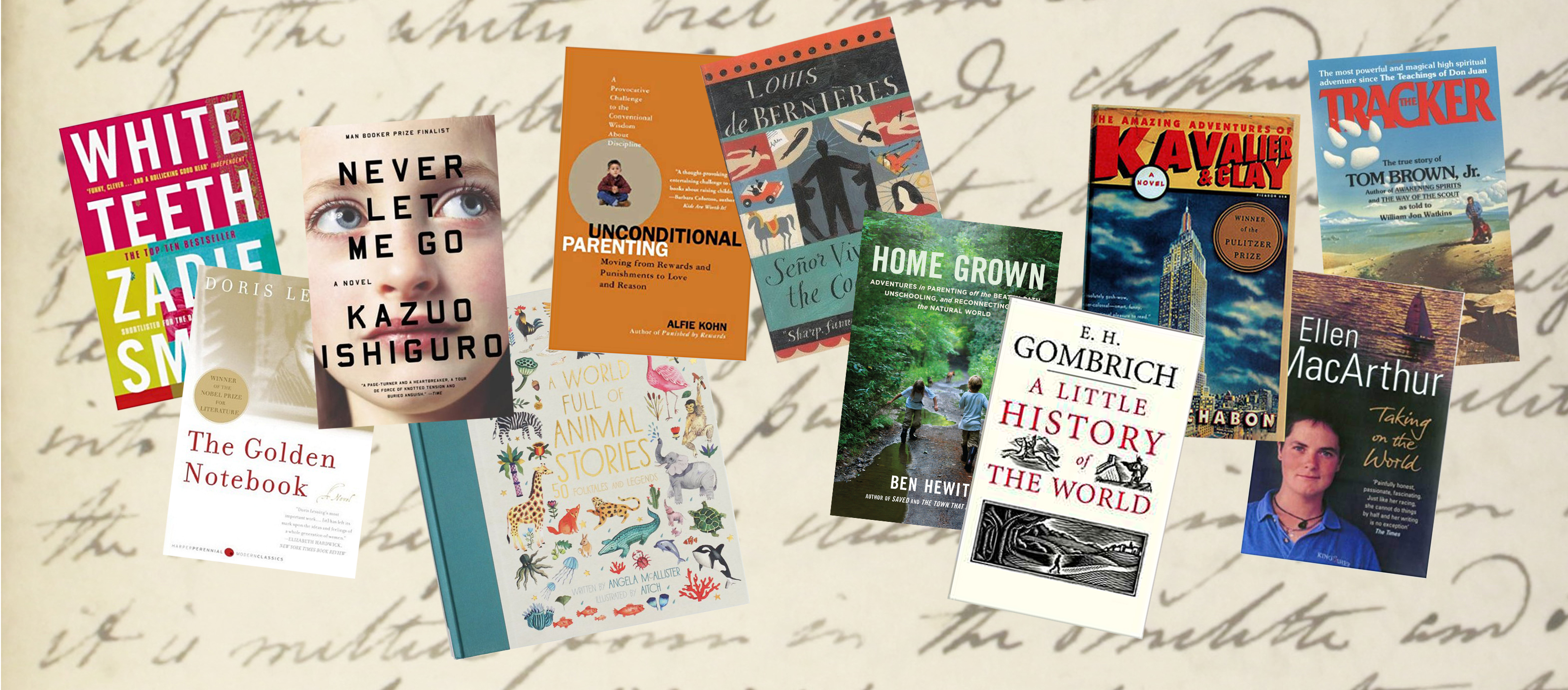
A few we tracked down and sought out, some were recommendations from friends, many more were random finds from book exchanges at hostels, dive resorts and cafes littered along our cruising route. A lot have been available for years, or even decades, others are brand new and all have informed and enriched our sailing this last year.
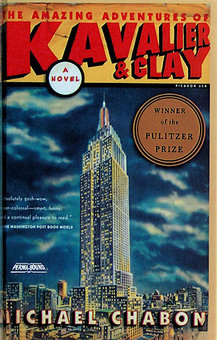
So, just to list a few, this last stretch saw us reading:
‘The lovely bones’ – Alice Sebold
‘The corrections’ – Jonathan Franzen
‘Watching the English’ – Kate Fox
‘Bel Canto’ – Ann Patchett
‘Myth-Match’ – Good wives and warriors
‘How to read water’ – Tristan Gooley
‘Pax’ – Sara Pennypacker
‘The world according to Bertie’ – Alexander McCall Smith
‘Solar’ – Ian McEwan
‘Whose eyes are these?’ – Virginie Gobert-Martin and Madeline Peirsman
‘A long way down’ – Nick Hornby
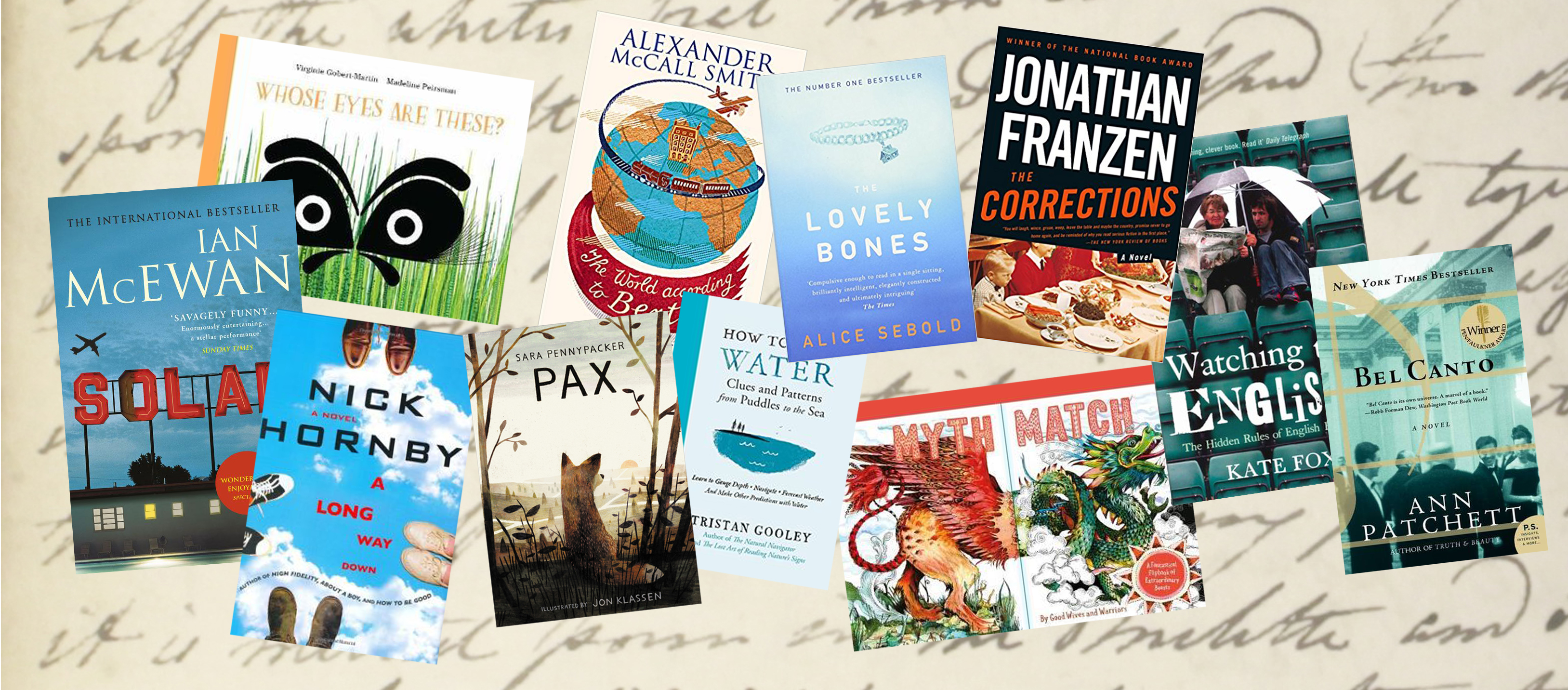
‘White teeth’ – Zadie Smith
‘The Golden Notebook’ – Doris Lessing
‘A world full of animal stories’ – Angelia McAllister and Aitch
‘A little history of the world’ – E.H. Gombrich
‘Taking on the world’ – Ellen MacArthur
‘The Tracker’ – Tom Brown Jr.
‘The amazing adventures of Kavalier & Clay’ – Michael Chabon
‘Senõr Vivo and the coca lord’ – Louis de Bernières
‘Never let me go’ – Kazuo Ishiguro
‘Home grown’ – Ben Hewitt
‘Unconditional parenting’ – Alfie Kohn
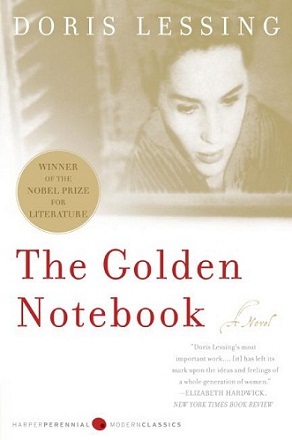
“Ideally, what should be said to every child, repeatedly, throughout his or her school life is something like this:
‘You are in the process of being indoctrinated. We have not yet evolved a system of education that is not a system of indoctrination. We are sorry, but it is the best we can do. What you are being taught here is an amalgam of current prejudice and the choices of this particular culture. The slightest look at history will show how impermanent these must be. You are being taught by people who have been able to accommodate themselves to a regime of thought laid down by their predecessors. It is a self- perpetuating system. Those of you who are more robust and individual than others, will be encouraged to leave and find ways of educating yourself – educating your own judgement. Those that stay must remember, always and all the time, that they are being moulded and patterned to fit into the narrow and particular needs of this particular society.'”
– Doris Lessing, 1971 Introduction to ‘The Golden Notebook’
And it’s not just the books for myself and James which absorb us so. With a Fine Art and Architectural background we’re both keen to show spectacular images to our children. So we often choose books that have won awards for their illustrations.
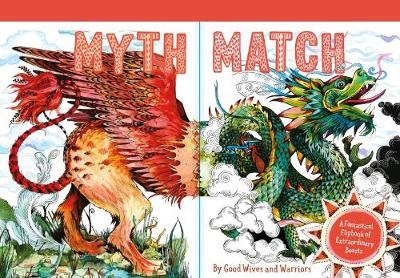

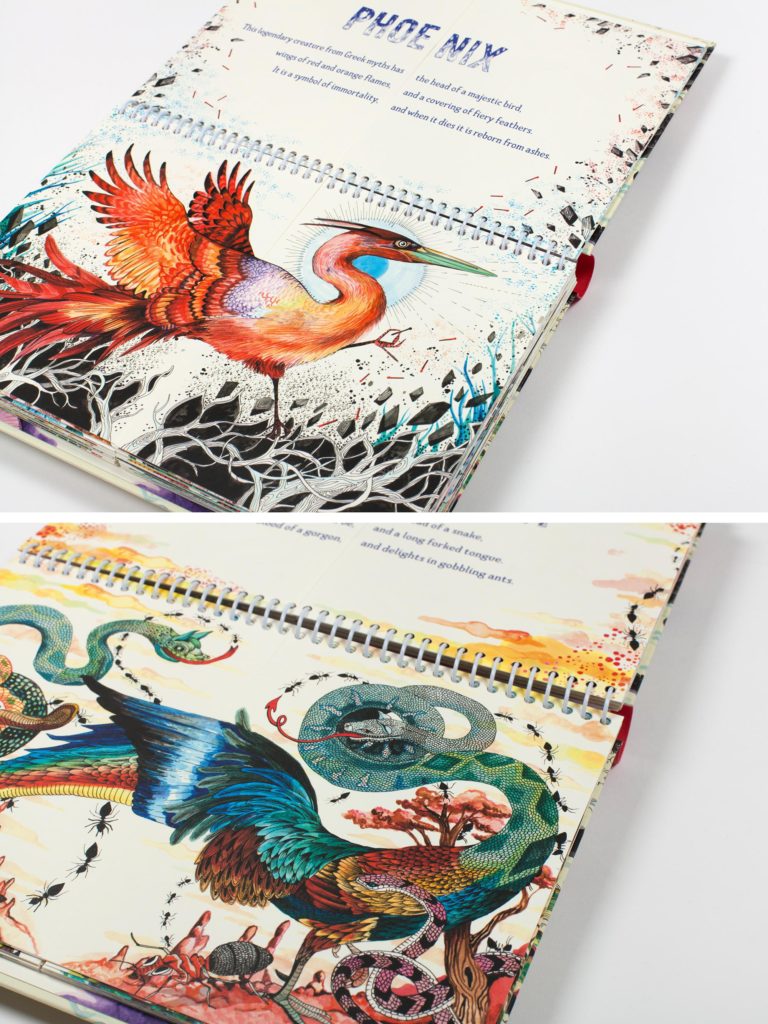
And, of course, with having children means that there are some books we use just to help boost our parenting choices, intentions and ideas.
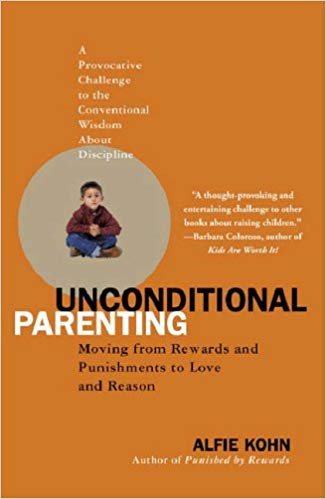
“Even before i had children, I knew that being a parent was going to be challenging as well as rewarding. But I didn’t really know.
I didn’t know how exhausted it was possible to become, or how clueless it was possible to feel, or how, each time I reached the end of my rope, I would somehow have to find more rope.
I didn’t understand that sometimes when your kids scream so loudly that the neighbors are ready to call the Department of Child Services, it’s because you’ve served the wrong shape of pasta for dinner.
I didn’t realize that those deep-breathing exercises mothers are taught in natural-childbirth class dont really start to pay off until long after the child is out.
I couldn’t have predicted how relieved I’d be to learn that other peoples children struggle with the same issues, and act in some of the same ways, mine do. (Even more liberating is the recognition that other parents, too, have dark moments when they catch themselves not liking their own child, or wondering whether it’s all worth it, or entertaining various other unspeakable thoughts).
The bottom line is that raising kids is not for wimps.”
“I realised that this is what many people in our society seem to want most from children: not that they are caring or creative or curious, but simply that they are well behaved.”
“We ought to love children, as my friend Deborah says, ‘for no good reason.’ Furthermore, what counts is not that we believe we love them unconditionally, but that they feel loved in that way.”
― Alfie Kohn, Unconditional Parenting: Moving from Rewards and Punishments to Love and Reason
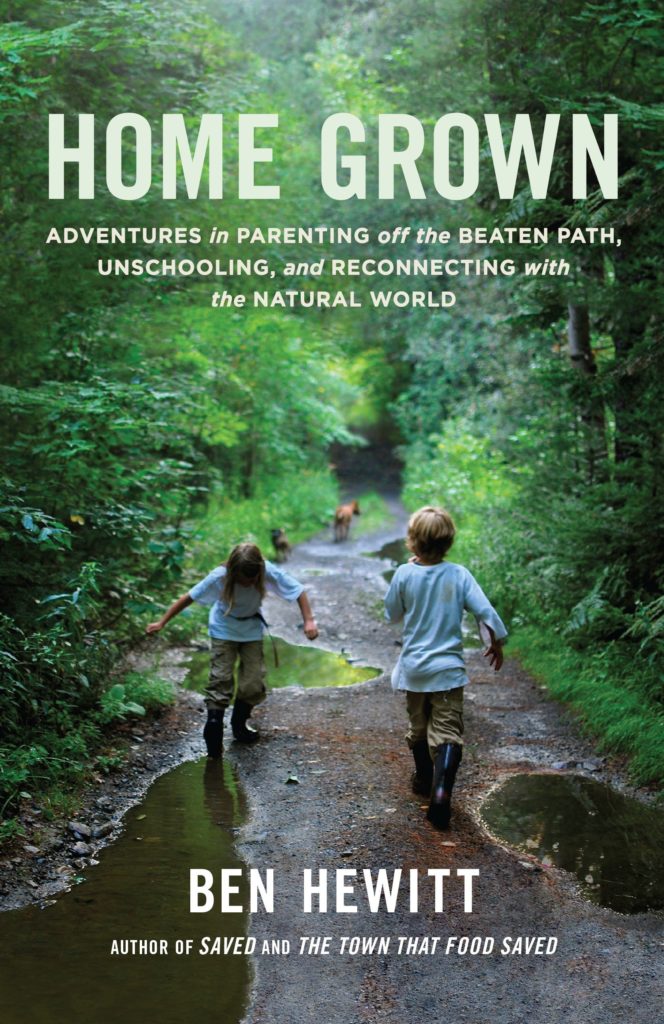
“It is at once liberating, daunting, exciting, and, it must be said, occasionally frightening to realise the extent to which my world is in my hands. I am freer than I was told as a child; I am freer than I was led to believe.
This is my true power, and it is not the false power of that which can be bought or traded or accumulated. What I do with my life – how I raise my children, how I engage with others and with the natural world, and how I pass my time – is an expression of my vision for the world I wish to inhabit, and for the world I wish for my children to inhabit.”
– Ben Hewitt, Home Grown, Adventures in parenting off the beaten path, unschooling, and reconnecting with the natural world.
And, of course, we’re not just limited to inspiration and learning from books, we also gained a lot from so many videos along the way. For Ken Robinson’s “Changing education paradigms” TED talk click here.
And the eye-opening “Schooling the world” documentary can be found by clicking here.
So, there we are, the page may be no more but believe me, we may be a sailing boat that turns off the engine whenever possible, but we couldn’t get anywhere without fuel.
